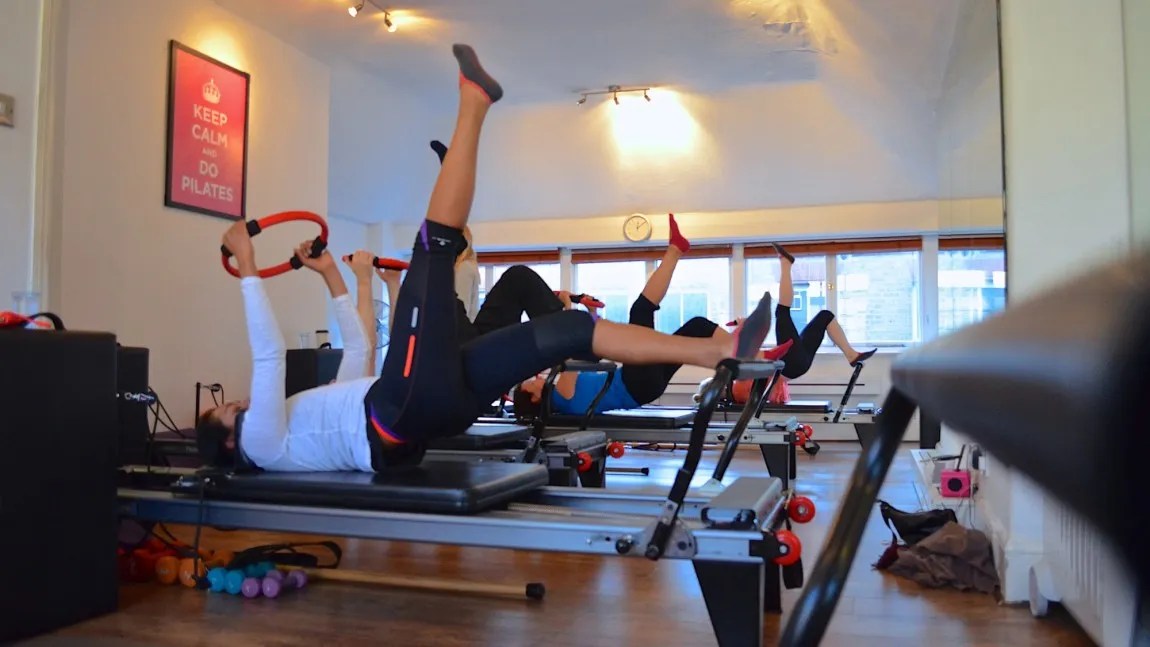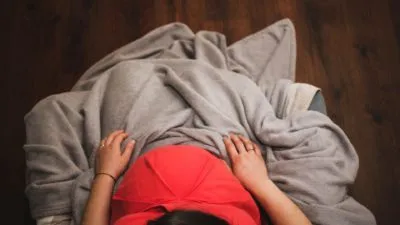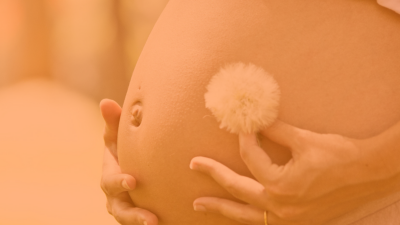The modern world is fast paced and highly-stressful, with lifestyles which see us unable to switch off from trying to fulfil many roles simultaneously, resulting in anxiety which can exhaust us during the day and keep us awake at night. However, help of the holistic kind is at hand.
The extra benefits of exercise
Activity and exercise are generally acknowledged as being highly beneficial to many aspects of physical and mental health, including reducing stress and anxiety. This is because during exercise the body produces endorphins, those feel good-hormones which also act as painkillers, so undertaking any form of regular exercise could help to counteract anxiety and pain – but how do Pilates and yoga offer additional benefits?
- Easy Endorphins
Endorphins are produced even during low intensity exercise routines, so even where yoga or Pilates are practised at low or moderate intensity, endorphins can be released easily into the body in sufficient quantities to still offer a beneficial physical and mental effect. - Restorative reconnection
The relaxed and steady progress of a Pilates or yoga class is the direct antithesis to our fast-paced daily lives. With modern communications technology forcing us to be “on call” 24 hours a day in our social and even work circles, we are constantly on alert and find it hard to wind down – a reality which contributes significantly to our stress levels. This is an acknowledged modern issue, so much so that ‘Digital Detox’ is now often recommended by GPs and therapists, who encourage disconnection from devices as a way of reconnecting with ourselves. Taking a yoga or Pilates class offers a way to do this: allowing you to switch off from technology and focus instead on the self; focus on movement in the moment, rather than worrying about the future or the day, and removing us, even temporarily, from what is happening or may happen in our lives and our world. - Mental control
Precision is required in the practice of both yoga and Pilates and gaining this requires a focus which can only be achieved by mental control. Stress and anxiety both affect the brain and further impact on the body through nerve endings, so focusing on yoga or Pilates routines can help to improve mental control and alleviate the symptoms of anxiety on both mind and body. - Fatigue reduction
Fatigue contributes negatively to many conditions and is implicated in both the cause and effects of many stress-related conditions and anxiety disorders. Both yoga and Pilates routines can be specifically tailored to offer bodies the chance to restore and re-energise, even whilst ‘working out’ during a class. Managing fatigue in this way can be an important contributor towards reducing overall anxiety, whilst regularly practising yoga or Pilates can also help improve sleep, something which also aids fatigue reduction. - Breathing Techniques
Yoga is particularly well known for helping individuals to develop and use breathing techniques. These can be used for relaxation and to aid meditation and holistic well-being. In turn this can help to manage stress responses, ameliorating anxiety and the sense of overwhelm which can quickly arise in stressful situations. With regular use and practice of yoga or Pilates, specific breathing techniques can also become coping mechanisms for situations of potential anxiety – thereby not just reducing the symptoms of anxiety, but helping to manage the causes and onset. - Reduction of physical stressors
When anxiety hits, adrenaline floods the body to enable that well-known fight-or-flight response which is part of the human condition and instinct. As anxiety attacks can hit whenever there is an internal perception of threat, regardless of whether or not there is actually an external threat, adrenaline takes over and can cause physical stressors such as palpitations, laboured breathing (to the extent even of breathlessness and hyperventilation) and tunnel vision. All of these can exacerbate physical feelings of anxiety and loss of control. The relaxation and breathing techniques learned in yoga, as well as the body control and mindfulness of Pilates can help to reduce these physical responses and minimise overall anxiety.
Holistic health benefits
It’s also worth being aware that by improving the way we manage these physical and mental symptoms of stress and anxiety through practising yoga or Pilates, individuals can significantly benefit their holistic and mental health. Such is the benefit of practising the holistic therapies of yoga and Pilates on mental health that in America around 3% of patients are regularly “prescribed” yoga and meditation instead of medication. This measure is taken specifically to help manage depression and anxiety (source: Harvard research data, 2011).
Add to this the communal benefits of taking yoga or Pilates classes in a small group to help reduce the isolation, which often comes with anxiety disorders, and it becomes clear that Pilates and yoga have plenty to offer in managing anxiety and improving overall well-being.








Add Comment